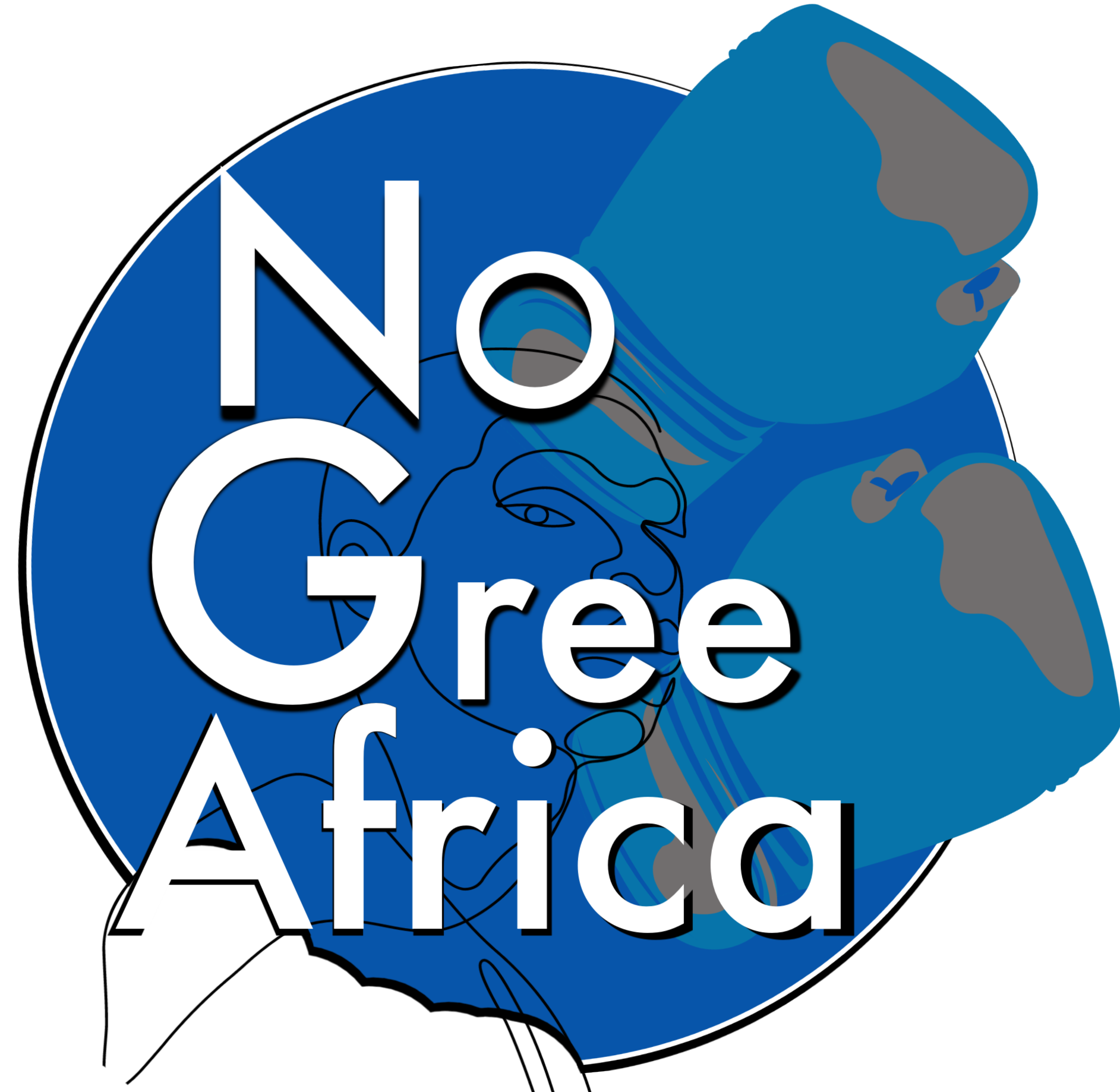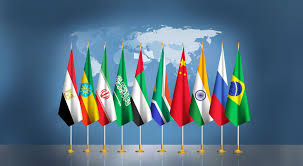By Pai Tukum
BRICS is an acronym for a group of major emerging national economies: Brazil, Russia, India, China, and South Africa. Initially formed as a geopolitical and economic bloc to challenge Western dominance in global affairs, BRICS has steadily evolved into a formidable alliance championing a multipolar world order. As its influence expands, so too does its footprint in Africa — particularly in West Africa, where political instability and regional fragmentation are reshaping alliances.
The recent internal rift within the Economic Community of West African States (ECOWAS)—sparked by the withdrawal of Mali, Burkina Faso, and Niger—has opened a new chapter in West Africa’s geopolitical landscape. These Sahel nations, governed by military juntas, accuse ECOWAS of failing to support their sovereign choices and security concerns. In their place, they have forged a new alliance: the Alliance of Sahel States (AES).
But beyond the headlines lies a subtler story — one where BRICS’ growing relevance is beginning to impact West African alignments.
BRICS, particularly through China and Russia, has strengthened bilateral ties with several African countries. China, Africa’s largest trading partner, has invested heavily in infrastructure across the continent. Russia, on the other hand, is gaining influence via security and military partnerships, particularly in the Sahel, where it fills a vacuum left by waning Western presence.
This shift is not accidental. The political vacuum left by traditional Western allies — notably France and the United States — has created an opening for BRICS nations to expand their influence. The withdrawal of French troops from Mali and the recent expulsion of Western military missions in Niger have accelerated this dynamic.
The division within ECOWAS, while rooted in regional disputes and sovereignty claims, may also be viewed as part of a larger geopolitical realignment. Countries like Mali and Burkina Faso, increasingly critical of Western interference, find in BRICS-aligned powers like Russia and China more agreeable partners — ones less concerned with democratic norms and more focused on mutual economic and security interests.
The New Development Bank (NDB), established by BRICS in 2014, has also opened the door for financial alternatives to Western-led institutions like the IMF and World Bank. West African states burdened by debt or sanctions may soon view BRICS-backed financing as a lifeline.
Meanwhile, South Africa’s role within BRICS offers a unique bridge between the bloc and the African continent. As the only African member of BRICS, South Africa has consistently advocated for the inclusion of African voices in global decision-making. But its ability to mediate between BRICS’ interests and ECOWAS unity is yet to be fully realized.
While ECOWAS grapples with internal fractures, the rising global influence of BRICS presents both opportunity and challenge. On one hand, alternative financing, trade, and military partnerships offer West African nations a chance to escape the historical dominance of Western powers. On the other, the growing polarity may further undermine regional unity and delay collective economic development goals.
If BRICS continues to expand — with potential new members like Egypt, Ethiopia, and Iran already joining the conversation — its gravitational pull in Africa will only strengthen. For ECOWAS, the challenge now lies in redefining its unity not only in the face of internal dissent but also amid external courtships.
In this evolving world order, West Africa stands at a crossroads, and the decisions made in Abuja, Bamako, and Johannesburg will determine the region’s future alliances and sovereignty for decades to come.







